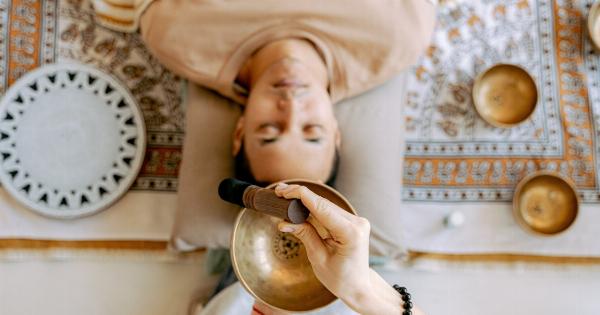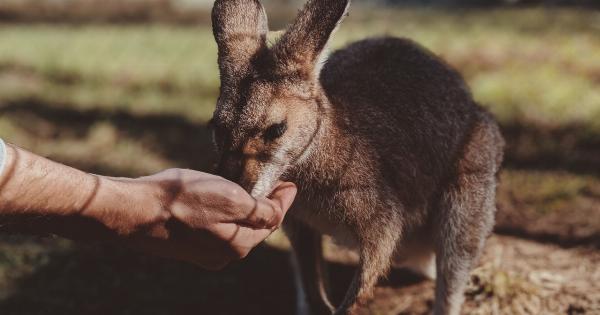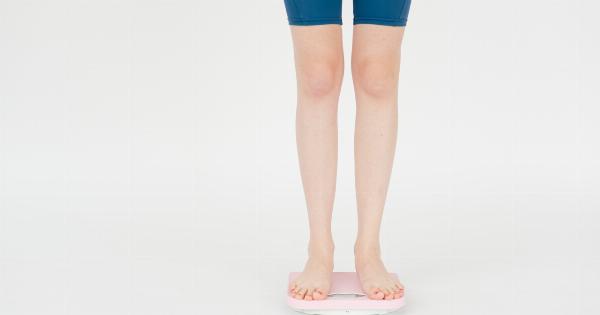A new study has found that people who are early birds tend to adopt healthier eating habits than those who have a habit of staying up late.
The research was carried out at the University of Surrey in the United Kingdom and involved monitoring the sleep and dietary patterns of over 1000 participants.
Sleep and Eating Habits
The research found that people who tend to wake up early, also known as “larks”, typically consumed more fruits and vegetables and were less likely to skip breakfast.
On the other hand, people who tend to stay up late, also known as “owls”, were more prone to consuming energy drinks and sugary foods.
This isn’t the only study that has found a link between sleep patterns and eating habits. Another study conducted by the American Heart Association found that people who slept for shorter periods of time tend to have poorer diets.
The Significance of This Study
The findings from the study conducted at the University of Surrey are significant because they suggest that making the effort to get up earlier could be a way to positively impact eating habits.
People who want to improve their diets could, therefore, benefit from adopting an earlier wake-up time and adopting a “lark” sleeping pattern.
Why is an Early Bedtime Important?
Alongside waking up earlier, getting to bed earlier is important too. A good night’s sleep is vital for good health, and getting enough sleep can improve cognitive function, mood, and physical health.
When it comes to food choices, studies have shown that lack of sleep can lead to overeating, especially of unhealthy foods such as those that are high in sugar and fat. This is because sleep is important for regulating the hormones that control appetite.
How to Become an Early Bird
If you’re not naturally an early bird but want to make the change, there are several steps you can take. First, make sure you get plenty of natural light during the day as this can help reset your body clock.
Try to be consistent with your bedtime and wake-up time, even on weekends. Avoid stimulants such as caffeine and alcohol before bedtime as they can interfere with sleep quality.
It can also be helpful to establish a bedtime routine that encourages relaxation. This could involve taking a warm bath or shower, reading a book, or listening to calming music.
Try to keep all screens, including phones, away from the bed as the blue light can interfere with sleep.
Conclusion
The research carried out at the University of Surrey suggests that adopting an early bird sleeping pattern could have a positive impact on eating habits. Early birds tend to consume more fruits and vegetables and are less likely to skip breakfast.
While it may not be easy to make the switch to being an early bird, the benefits of getting a good night’s sleep and eating a healthier diet are worth it.






























